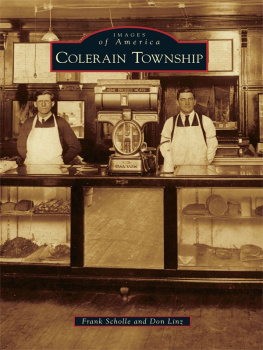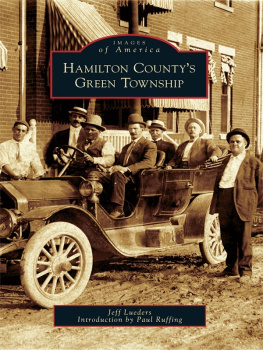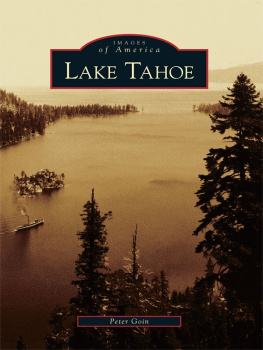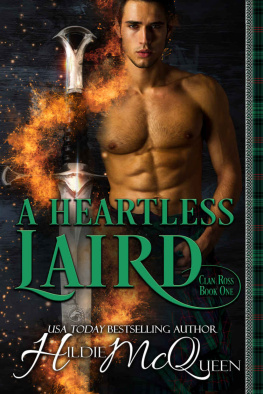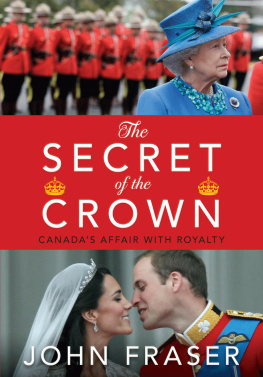Table of Contents
THE LAST LAIRD OF MACNAB.
CHAPTER I.
CHAPTER II.
CHAPTER III.
CHAPTER IV.
CHAPTER V.
CHAPTER VI.
CHAPTER VII.
CHAPTER VIII.
CHAPTER IX.
CHAPTER X.
CHAPTER XII.
CHAPTER XII. (1838.)
CHAPTER XIII. (1839) .
CHAPTER XIV. (1840) .
CHAPTER XV. (1840.)
CHAPTER XVI. (1840.)
CHAPTER XVII.
CHAPTER XVIII.
CHAPTER XIX.
CHAPTER XX.
SCOTCH GOODS
FINE COLOURED PICTURES
THE GRAND UNION
THE BEST COAL
P. BURNS & CO.
W. J. ROBERTSON
BOOKS BY SCOTCHMEN.
THE LAST LAIRD OF MACNAB.
Table of Contents
CHAPTER I.
Table of Contents
THE FLIGHT.
It was a genial evening in 1823. The sun was casting long shadows from the glorious old pines of Leney woods, and the baronial mansion of Dr. Hamilton Buchanan reflected in gorgeous splendor the last rays of the setting sun. A horseman had just fastened his pony at the outskirts of the park, nigh to the Callender road, on the Loch Earn side of the village; and now on foot, and enfolded in a tartan plaid so as almost to conceal his person, was threading the mazes of the wood, and stealthily approached the house of Leney. This was Archibald MacNab, the last chieftain of the MacNabs, who had that morning, for the last time, left his paternal estate of Kennell, on the banks of Loch Tay to take refuge with his cousin, the last Buchanan of the ancient house of Arnprior. Their mutual grandfather, Buchanan the Chief of Arnprior, had been beheaded at Carlisle for participation in the rebellion of 1745; and he it was whom Sir Walter Scott took for his beau ideal, in the person of Fergus MacIvor, in his elegant romance of "Waverley." The estate of Leney was all that was left to the Buchanans out of their immense property, as the Arnprior estates were confiscated to the Crown for high treason on the part of their Chief.
The affairs of MacNab were at the time we write, 1823, thought to be involved beyond extricationhis estate mortgaged to the Earl of Breadalbaneand even now the officers of the law were on his track to enforce on his person, by arrest, a decree of the Court of Session, in order to get possession of the title deeds of the Dochart and Kennell estates, and deliver them to MacNab's unrelenting creditor, John, Earl of Breadalbane. By a postern gate he entered the noble halls of Leney, and was there met and welcomed by his cousin. Their meeting was most affecting. There stood the last representatives of two of the most ancient houses in Scotland: Kennell and Arnprior. Both had suffered for Charles Edwardboth had lost kindred, lands, and prestige for Prince Charles; but now both were in different circumstances, the last Chief of the MacNabs was humbled: no more was
"The haughty MacNab, with his grants beside him,
And the lions of Dochart close by his side."
He was dejected, impoverished, ruined; while Dr. Hamilton was wealthy, and able and willing to assist his unfortunate and once-powerful kinsman. At that period, MacNab was in the prime of manhood, as he had just passed his forty-second year. With a melancholy countenance and with aspect of despair, he unfolded all his griefs to his relative. About ten days previously, the Court of Session had given the Decree and granted a Caption. To disobey was to forfeit his liberty till compliance was made to the order of the highest civil tribunal in Scotland. To obey was to lose every opportunity of redeeming his estate and to throw away forever any chance of reclaiming it. Long and anxious was the consultation between the two gentlemen; at length it was resolved that the Chief should start for America from an English port, found a settlement, retrieve his lost fortunes, and return to his native land in better times. Hard was the struggle; at length his resolution was taken, and everything was prepared for his departure by next day's afternoon mail.
In the meantime, the King's messengers with the writ of caption had gone to Kennell, and finding that their prey had escaped, betook themselves to Callender, a village two miles distant from Leney House. In passing through Glen Ogle, they heard that MacNab had passed through early in the afternoon, and naturally supposed that the Chief was at Leney. Arriving at Callender at four in the morning, they rested to take some refreshments before proceeding to their more disagreeable task. Fortunately for MacNab, the principal of the King's messengers, a person named Watt, was well known to John McEwan, the head waiter of McGregor's Hotel, who at once suspected their errand, as the Chief's affairs were a common topic of conversation through Perthshire. While they were taking their bread and cheese and whiskey he despatched a stable-boy named Scobie, by a short cut to Leney House, to apprise MacNab of his danger. He roused up Dr. Hamilton's butler, and told him his errand. The butler instantly hurried to the Chief's bedroom. MacNab having been roused out of a deep sleep, and hearing of the impending danger, at once jumped out of bed, drew on his underclothes, threw a plaid over his shoulders and escaped to the glen in rear of the Leney House, by the back door. Just as he was making his hurried exit, the King's messengers from Stirling thundered at the front entrance. Dr. Buchanan (who was generally called Dr. Hamilton on account of adopting this surname when he came into possession of the Burdovie estate) rushed to the windows. The officers demanded admission. Hamilton sternly refused. They attempted to break the door open. The doctor levelled a double-barrelled gun at their heads, and threatened to shoot the first man who attempted to enter. The messengers at once desisted, slid the ring of their batons from one end to the other, swore that they were deforced, and threatened to bring the whole civil powers of Perth and Stirling to their assistance. Dr. Hamilton jeered and laughed at them. At length they departed, vowing vengeance against all parties concerned. Chief MacNab lay closely concealed in the glen all day. Provisions and clothes were sent to him, and at night he again stealthily entered Leney House. A spy had been left in close proximity to the park to watch proceedings, and he saw what had taken place. He was on his way to inform his employers that the bird was trapped, but just as he cleared the park gates and entered the Callender road, the unfortunate spy was seized by four sturdy Highlanders, gagged and blind-folded, and carried to a lint-mill near Loch Labuig, and there kept a close prisoner for forty-eight hours. He was well used and well fed until his period of incarceration had expired. In the meantime, two faithful servants of Dr. Hamilton had prepared the coach and horses for a long journey. These two were Peter MacIntyre, who died in 1868 at the Calabogie Lake; and John Buchan, who also came to Canada, and for many years resided at Point Fortune, a respectable and wealthy farmer. At midnight, MacNab being well provided with funds and necessaries, bade farewell to his cousin of Leney, and set out for Dundee with Buchanan and MacIntyre. Every precaution was taken on the road; but it was needless, for the officers of the law were calmly sleeping at the head inn of Callender, expecting to hear from their spy, little Johnny Crerar, if anything unusual occurred. The Chief arrived safely at Dundee, took shipping for London, thence to Quebec; and the first news Lord Breadalbane and his messengers heard of him was in the public journals of Montreal, of a great dinner and ovation given in Montreal by the


